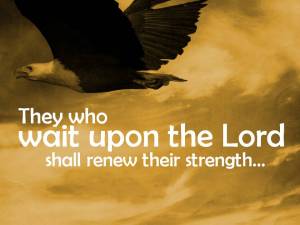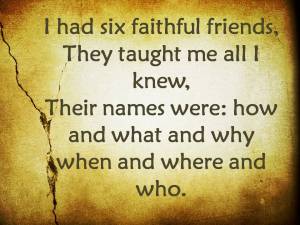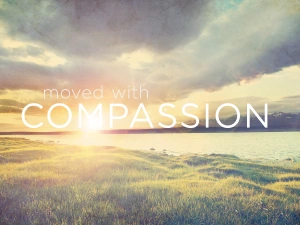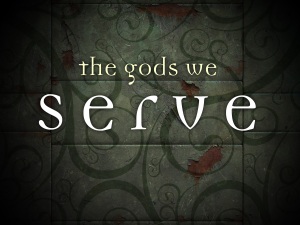Sexual abuse and the victim
 Whenever I am ministering I am consciously aware that there are those in the audience whose hidden past is painful beyond words. They are the victims of sexual abuse. Those who have been victims of such crimes often feel guilt and shame. There are questions that haunt them. Could I have told someone? Would they have believed me? Could I have stopped the abuse, even if I was a child? Sometimes these questions further the guilt that the victim struggles with.
Whenever I am ministering I am consciously aware that there are those in the audience whose hidden past is painful beyond words. They are the victims of sexual abuse. Those who have been victims of such crimes often feel guilt and shame. There are questions that haunt them. Could I have told someone? Would they have believed me? Could I have stopped the abuse, even if I was a child? Sometimes these questions further the guilt that the victim struggles with.
In helping victims of sexual abuse I have often turned in my Bible to an obscure passage in the Old Testament. Thousands of years ago the Bible acknowledged that there would be this kind of abuse among mankind. And although God’s plan entailed justice for the offender, He wished to alleviate the guilt of the victim. And so He had Moses record the following words for the young woman (or young man) who had been sexually abused.
You shall do nothing to the young woman, there is in the young woman no sin (Deut. 22:26).
I have watched as tear-filled eyes have fallen upon those words for the first time. Guilt is a hard taskmaster – even when it’s not deserved. But the Bible wishes to clear the abused individual of the guilt that they often impose upon themselves, and so it uses the phrase no sin.
Do I wish to infer that it is an easy road back for the individual that has suffered abuse? No. There are always emotional scars. Do we grieve with them for the pain they still may feel? Absolutely. But God doesn’t hold the abused individual responsible for sin that was perpetrated upon them, even though they may feel like it. And the Bible makes that clear.
God is not angry with them. He loves them, and is concerned about their future. And such a thought is the beginning of healing for the individual who has carried secrets to painful to talk about for as long as they can remember.









